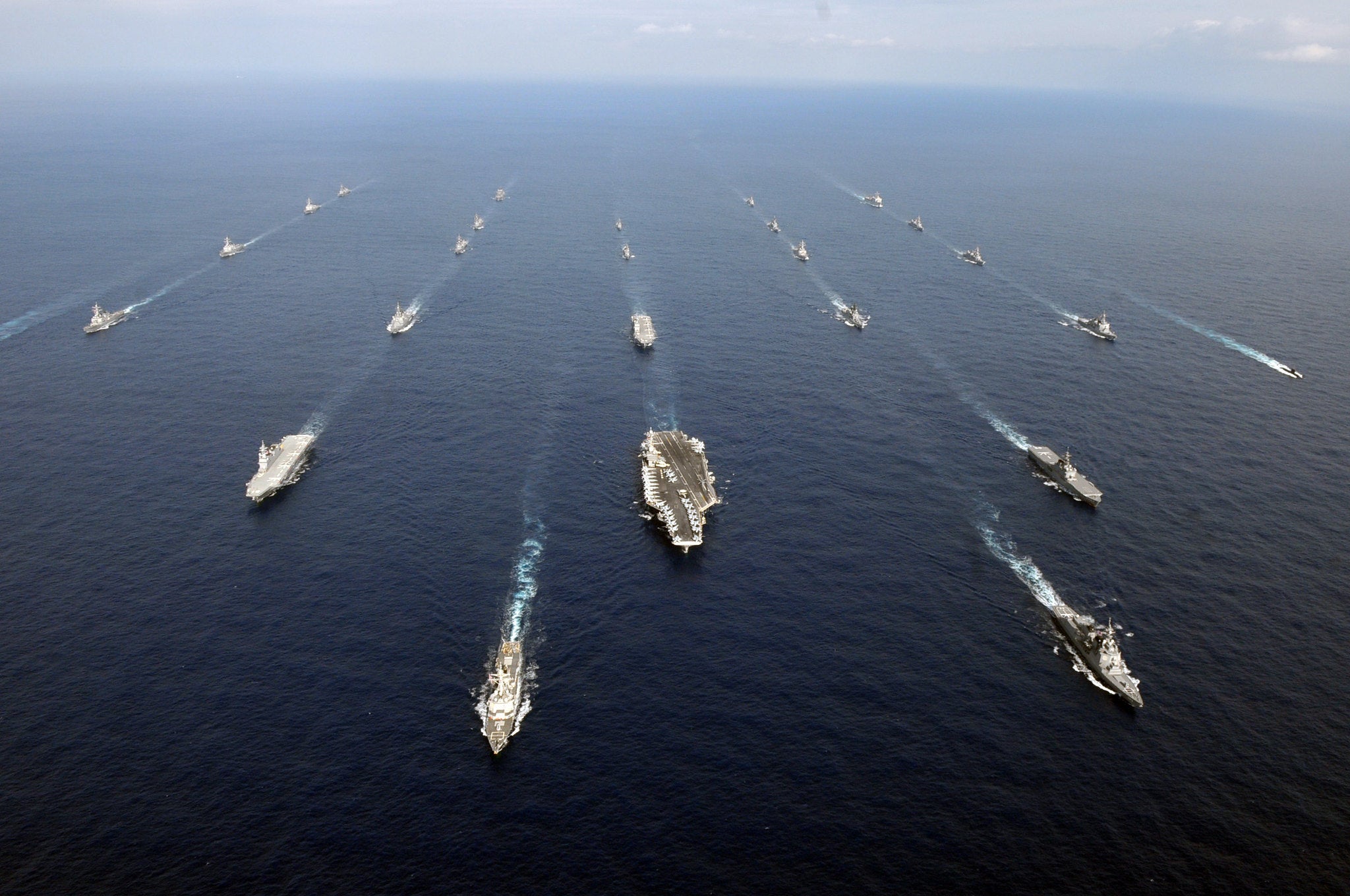A strong domestic shipbuilding industry is a significant boon to both a nation’s economy and national security. It is an often-reliable source of jobs, skill incubation and retention, and foreign commerce: Only a handful of nations, mostly in the developed world have the ability to construct new, top-of-the-line naval vessels. The UK is one such country whose shipyards manufacture a wide spectrum of vessels, from aircraft carriers to nuclear-powered submarines. But the UK’s share of shipyard work has declined slowly in recent decades in the face of rising competition from European and Korean builders, with employment in the sector losing 90,000 jobs over 25 years. UK heavy manufacturing as a whole has declined since the 1970s, but this collapse is comparable only to the coal mining industry. Combined military and commercial orders for instance fell by 80% just from 1975-99, and have never recovered. Despite a national shipbuilding strategy in place that promises £4 billion in investment and a pipeline of 150 vessels over 30 years, eyebrows have been raised at the purchases of two foreign ships – the MV Topaz Tangaroa and MV Island Crown – for brief conversion into an ocean surveillance ship and a mine-hunting vessel respectively.
Both vessels are undoubtedly valued for their slated roles as ‘motherships’ for autonomous vessels that will monitor vital undersea infrastructure and expand minesweeping capacity, but the decision to buy second hand is out of the ordinary for the UK. It contrasts notably with France’s ongoing program of 8 similar vessels built domestically, and another 12 contracted for Belgium and the Netherlands. Spurred on by the Russian threat to interfere with underwater infrastructure, the procurement process for the ocean surveillance vessel has been remarkably fast and will still generate some conversion work for UK yards, as will the minesweeping ‘mothership’ – expected to work with and carry small autonomous boats such as Atlas Elektronik UK’s RNMB and components of the Franco-British joint Maritime Mine Counter Measures (MMCM) program. It is also important to understand this purchase in light of recent difficulties in charting the future of the Navy’s fleet. The 2021 Integrated Defense Review affirmed aspirations to grow the major surface combatant fleet – frigates and destroyers – from its current 19 to 24 including newly designed Type 31 and 32 Frigates, as well as new support ships for the Royal Fleet Auxiliary (RFA). But in November 2022, the National Audit Office stated that it believed Navy Command had withdrawn Type 32 plans ‘because of concerns about affordability’. Indications since then on the status of the project have been contradictory and vague – indicative of uncertainty in the MoD’s long-term procurement plan.
An update of the integrated Defence Review is expected in March of this year and given the economic impact of the war in Ukraine, inflation pressures, the UK’s struggle to regain trade activity and competitiveness since Brexit and signals from the Treasury that no new funding can be expected, difficult decisions likely lie ahead for British shipbuilding. In this context, securing key capabilities at pace for minimal cost is perhaps a wise choice. Whilst investment in small defense firms and sectors of the market are seen in the procurement of novel technologies such as Atlas’s drone boats, these programs simply do not have the same economic impact as keeping the major yards in Glasgow, Rosyth and Barrow-in-Furness open and working. It should be noted that despite its importance, British shipbuilding and procurement has its own issues. Originally scheduled for 2012, Britain’s two carriers overran their allocated budgets by 50%. Likewise, overoptimism on the Type 45 Destroyer’s innovative propulsion system saw costs grow to £1 billion per unit and the planned fleet halve in size to just six vessels. In general, the MoD’s procurement planning and processes themselves could be pointed to as a major source of trouble for the industry.
There is therefore a tension between delivering urgent capability requirements for the Navy – especially in periods of geopolitical rivalry and conflict – and supporting domestic shipbuilding’s position as a crucial component of the national economy, even when projects may overrun and overspend. Ultimately, current plans to revitalise UK shipbuilding – despite upbeat government press releases – face significant hurdles and an unpredictable future in the British economy. The long-term impact of the war in Ukraine on British defense is yet to be determined and the ‘pivot to Asia’ seen in the ‘Global Britain’ strategy will naturally strain the Navy’s fleet numbers if followed through. The MoD may have to consider more collaborative projects to bring costs down, and if committed to a wider presence around the world, then a ‘Hi-lo’ mixture of cheaper and more complex platforms may be a wise choice – lighter vessels in the spirit of the European Patrol Corvette for maritime policing could free up destroyers and frigates for carrier escort, for instance. More COTS purchases may follow.



